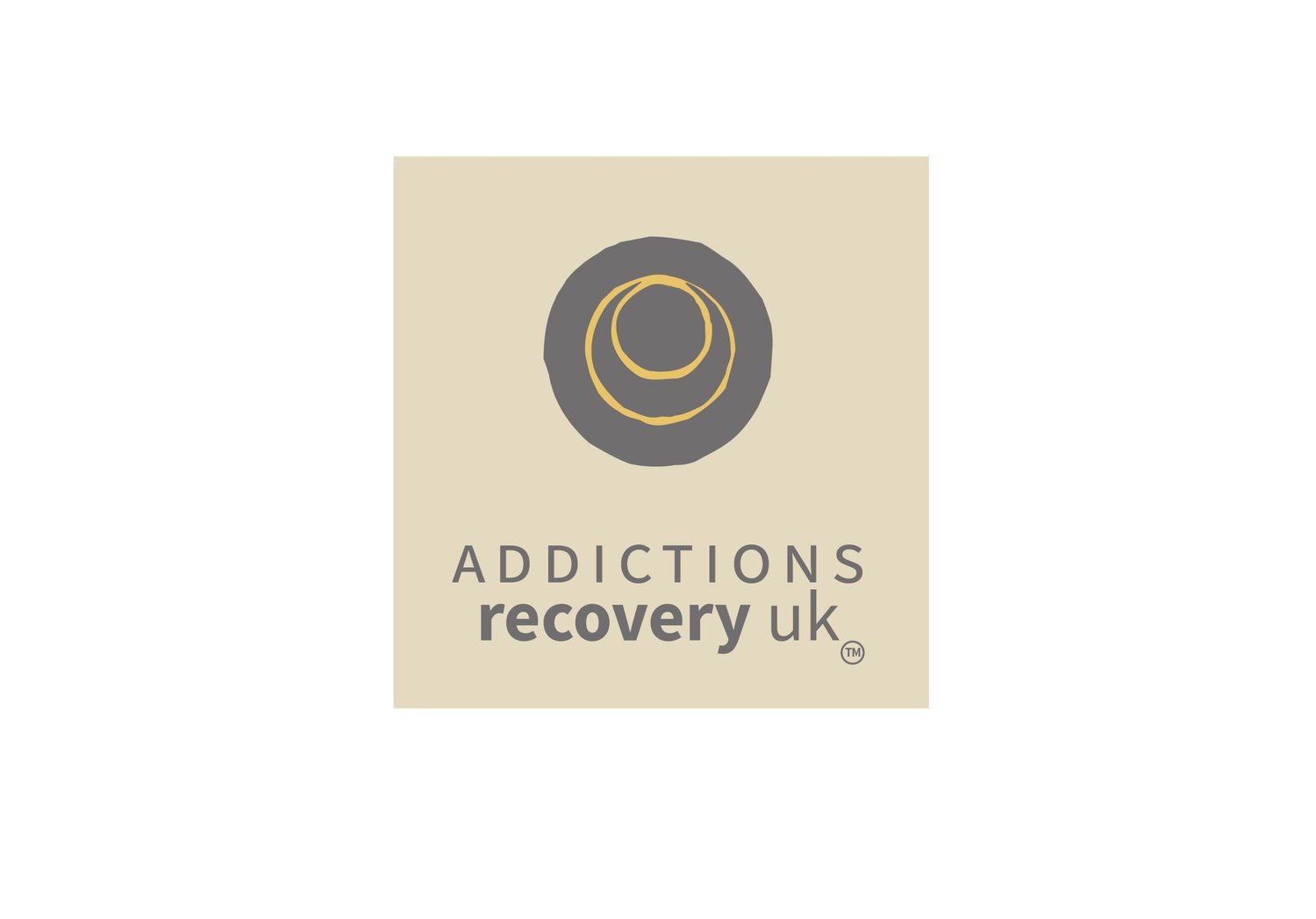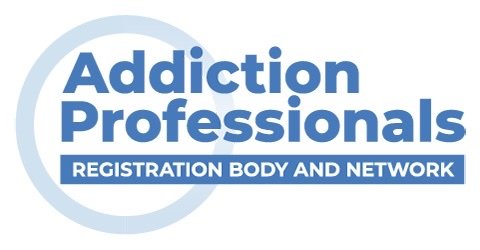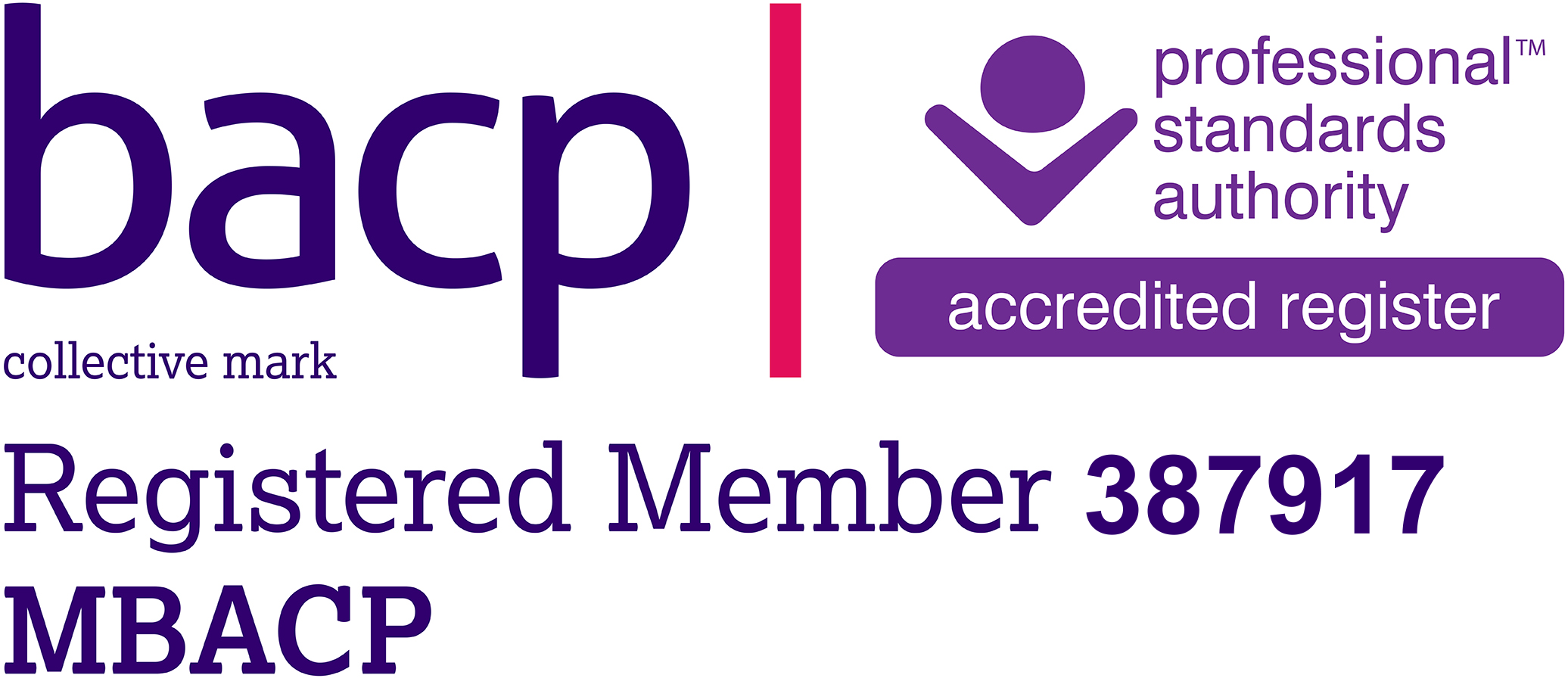Addiction psychotherapy addresses the complex nature of addiction through biological, psychological, social, and spiritual lenses. Each aspect plays a vital role in helping individuals achieve long-term recovery. Here's a concise overview of each dimension:
1. Biological Aspects:
Addiction is influenced by genetics, brain chemistry, and neurobiology. Substance use alters brain functions, especially the reward system, making it difficult to break free from addictive behaviors.
Key focus in psychotherapy:
Understanding how substances or behaviours hijack brain chemistry.
Using medication-assisted treatment (MAT) when necessary to manage withdrawal and cravings (We don’t currently offer MAT).
Addressing physical health alongside mental health.
2. Psychological Aspects:
Psychological factors like trauma, depression, and anxiety often contribute to addiction. Many use substances or behaviours to cope with these emotional struggles.
Key focus in psychotherapy:
Awareness and recognition of harmful thought patterns and learning new mechanisms that help change.
Emotional regulation skills to manage feelings without resorting to unhealthy coping strategies (addictions).
Addressing precipitating underlying trauma and enhancing self-esteem.
3. Social Aspects:
Addiction is often seen to be affected by social influences, such as family dynamics, peer groups, and environmental triggers. Dysfunctional relationships and support systems can adversely impact the cycle of addiction.
Key focus in psychotherapy:
Interpersonal relationships with family and friends to understand and address enabling behaviours and improve communication.
Building healthy support networks, including peer groups.
Identifying and avoiding social triggers that perpetuate addiction.
4. Spiritual Aspects:
Spirituality is not limited to religion: it involves finding purpose and connecting to something greater. Many struggling with addiction feel disconnected from their values, and addressing this can aid in healing.
Key focus in psychotherapy:
Exploring personal values and beliefs for a sense of purpose (existential concerns).
Incorporating mindfulness, meditation, or prayer as coping tools.
Facilitating forgiveness and personal healing.
Integrating the Aspects:
Effective addiction psychotherapy integrates these biological, psychological, social, and spiritual dimensions. By addressing all aspects, therapists provide holistic care, supporting clients in overcoming addiction and maintaining lasting recovery. To help clients achieve their healthiest selves, we offer bespoke, transparent therapeutic packages. Please click here for more information on our professional fees.





